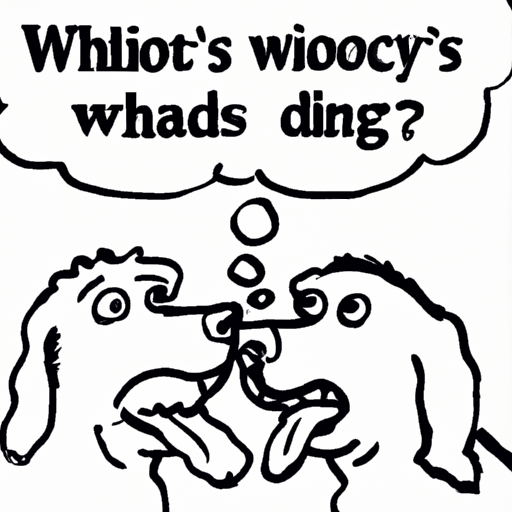Introduction
You’ve probably experienced it before: you sit down with your four-legged friend, and they immediately start showering you with licks. While this behavior may seem strange to us humans, it’s a natural part of canine communication. Let’s dive into why dogs lick faces to better understand this fascinating behavior.
The Root of the Behavior
Understanding why dogs lick faces starts with recognizing that this behavior is rooted in their earliest experiences. Puppyhood is when dogs learn most of their social cues and behaviors.
- Mother’s Love: From the moment they’re born, puppies are licked by their mothers. This isn’t just a sign of affection—it’s a necessary part of their development. Through licking, mothers stimulate their pups to breathe, encourage them to feed, and keep them clean.
- Communication: As puppies grow, they start to lick their mother’s face and the faces of their siblings. This is an early form of communication among dogs.
Reasons Dogs Lick Human Faces
Your dog doesn’t just see you as their owner, but as a member of their pack. As such, they communicate with you the same way they would with other dogs, which includes licking faces. Here are some reasons why they do it:
- Affection: Just as with their canine family, dogs often lick to express their love and affection for you.
- Submission: Sometimes, face licking is a sign of submission. It’s a dog’s way of showing that they understand you’re in charge.
- Attention: Dogs are smart. They quickly learn that licking your face often gets an immediate reaction.
Health Implications
While most face licking is harmless, there are a few potential health risks to consider:
| Health Risk | Possible Prevention |
|---|---|
| Transmission of Disease | Keep your dog’s vaccinations up to date |
| Allergic Reactions | Avoid face-licking if you have known allergies to dogs |
| Skin Irritation | Wash your face after your dog licks you |
How to Respond to Face Licking
The way you respond to face licking depends on your comfort level and the situation. If you’re comfortable with it and your dog is healthy, there’s usually no harm in letting them lick your face. However, if you’d prefer that your dog doesn’t lick your face, there are gentle ways to discourage the behavior, like redirecting their attention or slowly moving away when they start to lick.
Frequently Asked Questions
Q: Is face licking a sign of dominance?
A: No, face licking is usually a sign of affection or submission, not dominance.
Q: Can face licking be a sign of a health issue?
A: In most cases, no. However, excessive licking can sometimes be a sign of anxiety or a health issue.
Q: Can I teach my dog not to lick faces?
A: Yes, with patience and consistent training, you can teach your dog to stop licking faces.
In conclusion, face licking is a natural and common behavior in dogs. Understanding the reasons behind it and knowing how to respond can help you build a better bond with your four-legged friend.



